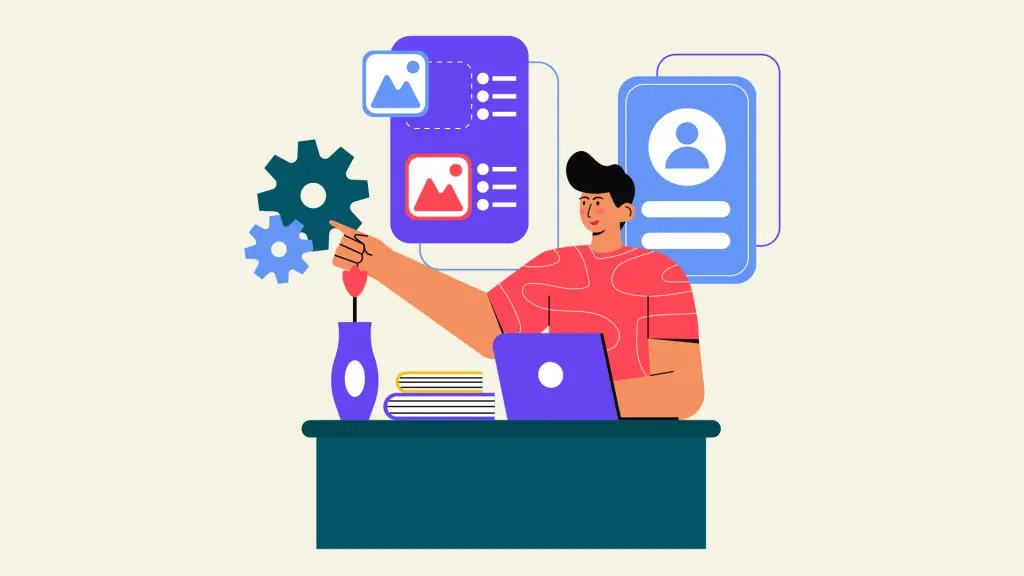Cash offers are becoming increasingly common in today’s high-stakes real estate market, where speed, certainty, and flexibility matter more than ever. Whether you’re a seller aiming to avoid the delays of mortgage approvals or a buyer hoping to stand out in a competitive bidding war, understanding how cash offers work—and why they’re thriving in 2025—can give you a real edge.
1. What Is a Cash Offer in Real Estate?
A cash offer in real estate refers to a buyer purchasing a property outright, using liquid funds instead of financing through a mortgage. This approach eliminates the need for loan approvals, underwriting, and lender-required appraisals. In turn, this reduces transaction timelines significantly—many cash sales close in just 7–14 days compared to the 30–60+ days needed for financed deals.
Recent data shows that in June 2025, nearly 29% of all U.S. home purchases were made in cash—a steady rise driven by high mortgage rates, relocation trends, and buyer equity.
2. How a Cash Offer Differs from a Financed Sale
While a traditional financed offer depends heavily on mortgage approval, a cash offer skips the red tape. Here’s a side-by-side comparison:
| Factor | Cash Offer | Financed Offer |
| Timeline | 7–14 days | 30–60+ days |
| Risk | Low (no lender) | Higher (loan denial, delays) |
| Repairs/Appraisals | Often waived | Typically required |
| Costs | Lower (no lender fees) | Higher (loan, appraisal, origination) |
| Seller Preference | High | Moderate |
In short, cash offers provide sellers with convenience and reliability. For buyers, they offer negotiating power and long-term savings by avoiding interest payments.
3. Why Cash Offers Appeal to Sellers
Sellers increasingly favor cash deals not just for their speed but also for their financial stability. In tough economic climates, cash sales provide fast liquidity, allowing homeowners to avoid foreclosure, manage debt, or fund major life changes like divorce or relocation.
Cash buyers often purchase homes “as-is,” meaning sellers can skip repairs, staging, or open houses. While these offers may come in slightly below market value (usually 6% to 17% lower), the tradeoff in time and certainty is worth it for many. According to recent insights, over one-third of single-family home sales in 2024 were completed in cash—the highest since 2013.
4. The Role of Cash Offer Companies
The rise of cash offer companies has made it easier than ever for sellers to receive fast, all-cash deals. These companies—such as Opendoor, Offerpad, HomeVestors, iBuyer.com, and Sundae—buy homes directly, often providing no-obligation offers within 24 to 48 hours and closing in as little as a week.
Most of these buyers purchase homes in any condition, and many cover closing costs or waive commissions. However, reviewing offers carefully is critical, as some may charge service fees (up to 5%) or provide below-market valuations. Sellers are encouraged to:
- Compare multiple offers
- Read the fine print
- Ask for proof of funds
- Check online reviews or BBB ratings
This due diligence ensures you work with a reputable buyer and secure the best outcome for your home.
5. Benefits and Drawbacks for Buyers
For buyers, paying with cash has its advantages—and some important tradeoffs. On the plus side:
- Faster closings mean you can take ownership quickly
- No mortgage interest saves thousands over time
- Stronger offers help you win bidding wars, especially in hot markets
- Fewer contingencies make your offer more attractive to sellers
But buying with cash also comes with potential downsides. You’ll tie up a significant amount of capital in a non-liquid asset, miss out on mortgage tax deductions, and may have less money available for renovations or emergencies. Some buyers now use cash-backed loan programs to enjoy the benefits of a cash offer while preserving their liquidity.
6. Legal & Financial Considerations of Cash Sales
Legally, a cash transaction follows the same basic structure as a financed sale—but often at a much faster pace. After signing a purchase agreement, the buyer deposits funds into escrow while performing due diligence (e.g., inspections and title searches). Once clear, the deal can close swiftly, with minimal paperwork and fewer regulatory delays.
Financially, both parties benefit from reduced transaction costs. Sellers avoid mortgage-based delays, and buyers skip lender fees, appraisal requirements, and mortgage insurance.
However, both sides must remain cautious:
- Sellers should verify proof of funds before accepting an offer
- Buyers should conduct a title search to avoid legal complications
- Both parties should use reputable escrow and title services
An experienced real estate agent can guide you through the details, flag red flags, and ensure the transaction stays on track.
7. Expert Tips for Navigating Cash Offers in 2025
With more cash offer companies and investor buyers entering the market, it’s important to navigate this landscape with confidence. Here are some expert-recommended tips:
- Get multiple offers: Even with cash sales, competition exists. Shop around.
- Know your priorities: Is speed more important than top dollar?
- Ask the right questions: Are there hidden fees? What’s the closing timeline?
- Work with an agent: Even if you’re selling for cash, a knowledgeable agent can help you avoid scams, evaluate buyer legitimacy, and maximize your net proceeds.
- Explore alternatives: Not ready to accept a cash offer? Consider rent-to-own, bridge loans, or traditional listings if your timeline allows for it.
In 2025, platforms like HomeLight’s Simple Sale program even let you compare a cash offer with what a top agent might get you—giving you flexibility and transparency.
Conclusion: Is a Cash Offer Right for You?
Whether you’re buying or selling, cash offers offer undeniable perks: faster closings, lower risk, and smoother transactions. They’ve become especially popular amid high mortgage rates and economic uncertainty, giving both parties a sense of control and certainty in a rapidly changing housing landscape.
Still, it’s essential to weigh the pros and cons carefully. A cash offer isn’t always the most profitable path, but it could be the most practical—especially if you prioritize speed and simplicity. Do your research, ask the right questions, and lean on expert guidance to make the smartest move for your goals in 2025.



